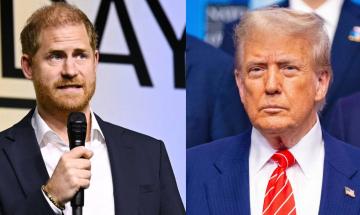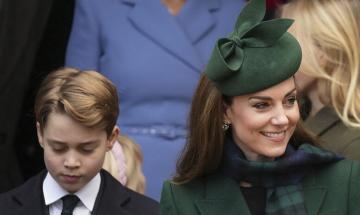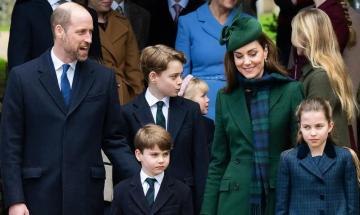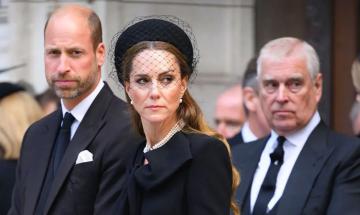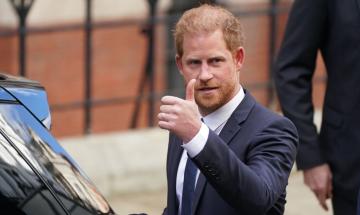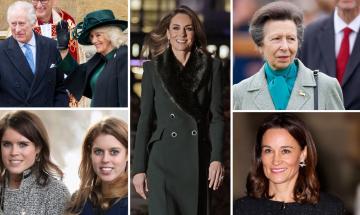Home / Royals
Royal family’s controversial resources: A guide to the duchies of Cornwall and Lancaster
Learn about the hefty financial resources serving King Charles and Prince William
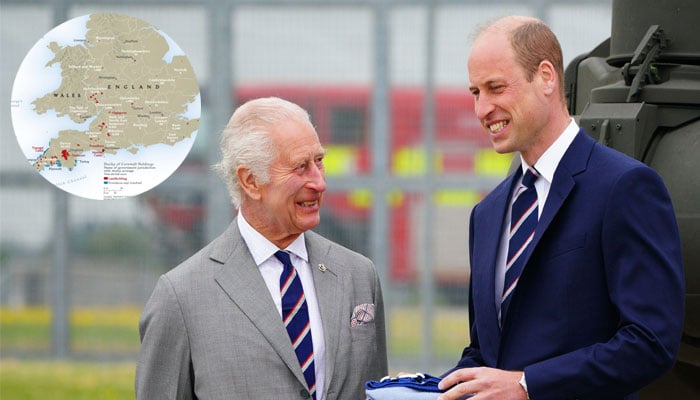
The royal family has been criticised time and again for the continued amount of taxpayers’ money being wasted on the upkeep of their grand lifestyle.
However, countless protests and think pieces later, the Crown continues to sit well perched at the very top of the British society’s hierarchy.
Though the widespread discovery regarding the Firm’s expenses have picked up the murmurs pertaining to their duchies — particularly that of Cornwall and Lancaster.
What exactly is a duchy and how do the duchies of Cornwall and Lancaster factor into the current royals’ finances? Find out below:
What is a duchy?
Typically described as a territory or domain primarily ruled by those members of the royal family who inherit dukedoms, the British government currently recognises the two duchies of England as “private estates”.
Furthermore, a duchy is classified as being under the sovereign reign of a leader secondary to the country’s monarch.
Duchies of Cornwall & Lancaster
The only two existing duchies in the United Kingdom right now are those of the ceremonial English region known as Cornwall and the city of Lancaster.
Designated to provide a royal heir with an income, Prince William as the heir apparent is the current ruler of the duchy of Cornwall, while that of the Lancaster still belongs to his father.
Notably, the former Prince of Wales even had a town built in Cornwall.
The place known as Pounderberry, and located on the duchy of Cornwall land, is a 400 acre urban project which was commissioned by the current King while he was still the ruler there.
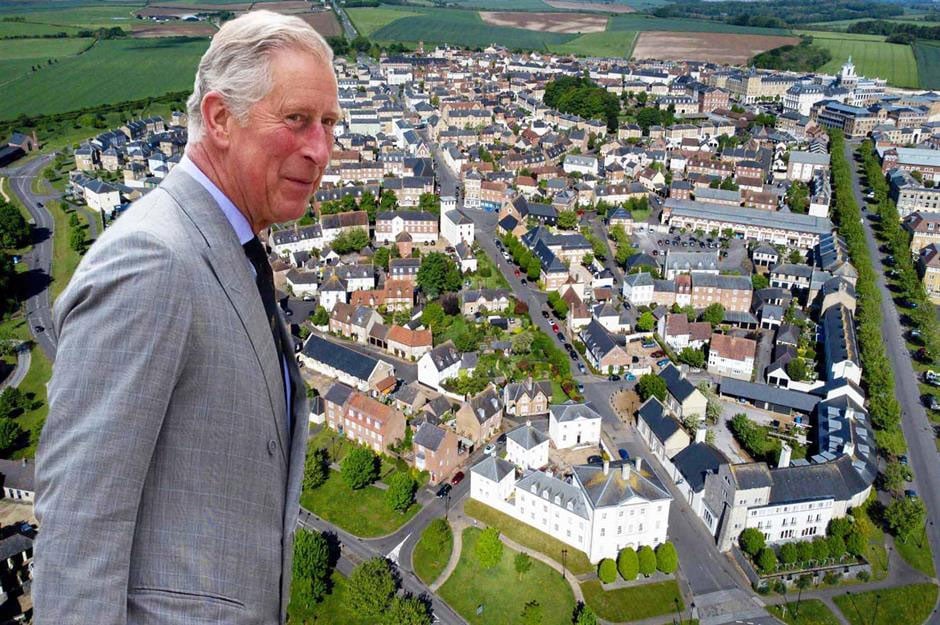
Points of criticism
Many a time the duchies have received backlash for being out of touch; a relic from the past, which symbolises the royal family’s unyielding control of their nation’s wealth.
More recently, British politicians have also felt compelled to speak out against the controversial royal resource.
In 2020, Parliamentarian Norman Baker told the BBC, “It’s extraordinary in the year 2020 that a medieval throwback like the Duchy of Cornwall — which is simply a money-making machine for the Prince of Wales — can continue to exist in the way it does.”
Earlier, Lord Berkley addressed the matter before the parliament in 2018, when he stated, “The trouble is, the Duchy sometimes chooses to be treated as a private estate and sometimes as a Crown body, which receives privileges and is largely unaccountable and silent on many issues.”
Furthermore, a point which emphasises the antiquity of the duchies is the fact that only male heirs are able to inherit the regions to this day.
While in the case of a male heir’s absence, they reverts back to the Crown.
Elsewhere, the lack of taxes paid from the duchies’ earnings has also been a point of strife for the public.
While the King and his son are required to pay an income tax based on their profits earned from the duchies, Cornwall and Lancaster themselves are exempt from paying corporation tax or the capital gains tax, as well as an inheritance tax when the duchies are transferred under the care of a royal family member.
The King, The Prince and Their Secret Millions
November 2024 saw the release of an episode from the BBC investigative programme Dispatches, which was titled The King, The Prince and Their Secret Millions.
During the almost an hour long show, the team behind the investigation made a number of disturbing discoveries.
The Evening Standard reported that they found that “the estates charge public bodies, including the NHS, state schools, and the armed forces, for use of their land — and the income they receive from them goes well into the millions.”
Moreover, the investigation further yielded the knowledge that the rental homes available in the region are not on par with the standards of quality housing, with 14% of the properties in Cornwall and 13% in Lancaster also failing to comply with the minimum energy standards.
The Duchies respond
In response to the levied criticisms, representatives from both of the duchies issued lengthy responses.
Here they are:
- From the Duchy of Cornwall: “The Duchy of Cornwall is a private estate with a commercial imperative which we achieve alongside our commitment to restoring the natural environment and generating positive social impact for our communities. Prince William became Duke of Cornwall in September 2022 and since then has committed to an expansive transformation of the duchy. This includes a significant investment to make the estate net zero by the end of 2032, as well as establishing targeted mental health support for our tenants and working with local partners to help tackle homelessness in Cornwall.”
- From the Duchy of Lancaster: “The Duchy of Lancaster operates as a commercial company, managing a broad range of land and property assets across England and Wales. It complies with all relevant UK legislation and regulatory standards applicable to its range of business activities. The Chancellor of the Duchy of Lancaster is responsible to the Sovereign for the administration of the Duchy. However, he/she delegates certain functions, particularly those regarding asset management, to the Duchy Council. While His Majesty The King takes a close interest in the work of the Duchy, the day-to-day management of the portfolio is the responsibility of the Council and executive team. The duchy has made a number of key environmental improvements in recent years, delivering a significant increase in the number of A+, A and B EPC ratings awarded to our properties as a result of refurbishment or restoration works. Currently, over 87 per cent of all Duchy let properties are rated E or above. The remainder are either awaiting scheduled improvement works or are exempted under UK legislation.”
